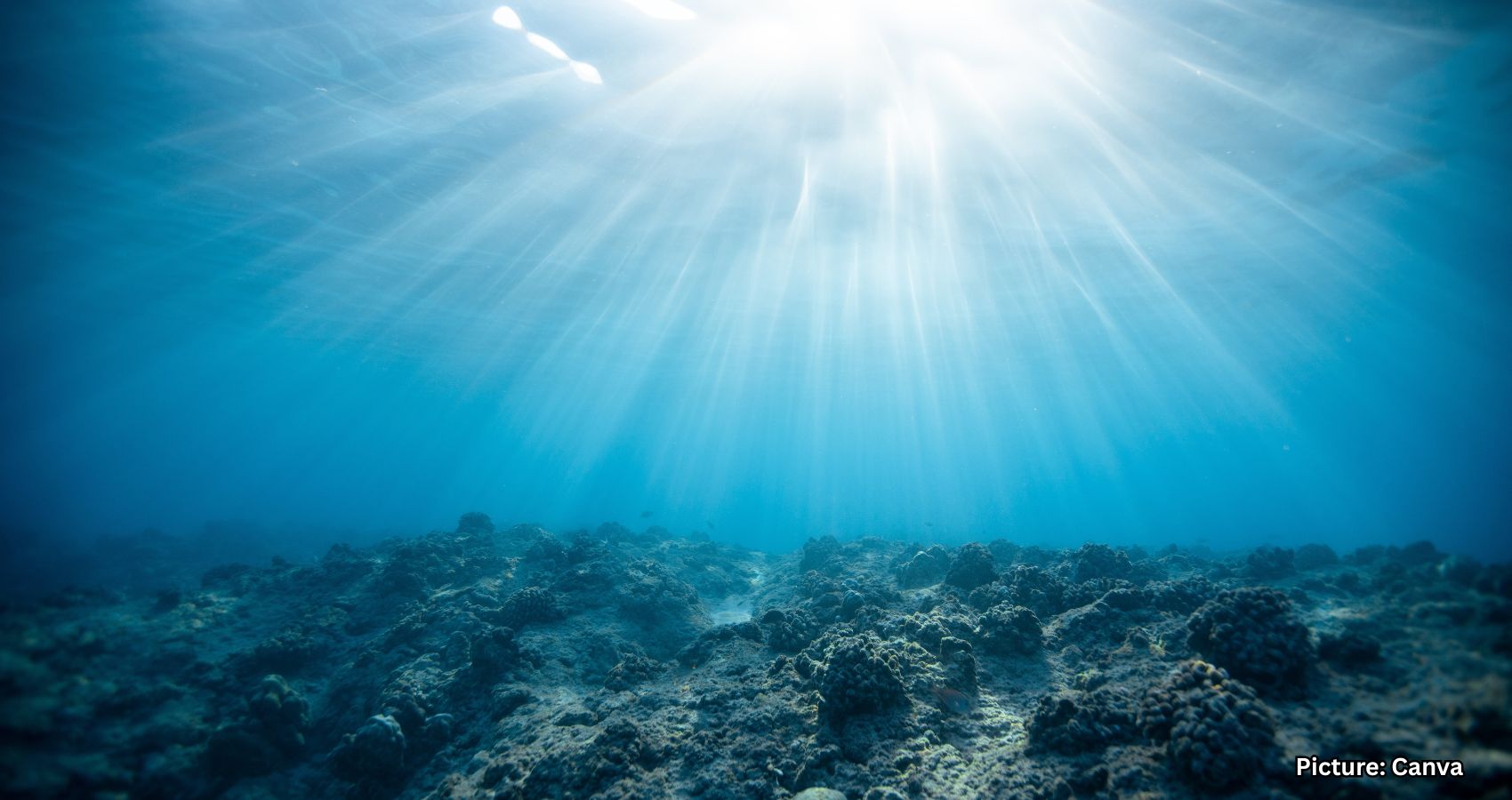Oceans worldwide have darkened significantly over the past two decades, raising concerns about the impact on marine life and ecosystems, according to a recent study.
Oceans around the globe have become darker over the last two decades, prompting significant concern among researchers regarding the health of marine ecosystems. A study led by Professor Thomas Davies from the University of Plymouth, published in the journal Global Change Biology, highlights alarming findings based on satellite data.
According to the data from NASA’s Ocean Color Web data portal, 21% of the planet’s oceans have darkened between 2003 and 2022. This change poses a threat to marine life, particularly in the photic zones of the ocean, where sufficient light penetrates to support vital photobiological processes.
The photic zone extends to a depth of 200 meters and is crucial for sustaining global nutrients and carbon budgets that underpin the world’s fish markets. Marine organisms that inhabit this region rely heavily on both sunlight and moonlight for essential activities such as hunting, mating, and reproduction.
As the oceans darken, creatures that depend on light may be forced to migrate closer to the surface, leading to overcrowding in these vital habitats. The upper levels of the ocean are home to a variety of microscopic organisms and plankton, which form the foundation of the marine food web.
Using satellite data and an algorithm to measure light attenuation in seawater, Davies assessed the depth of photic zones globally. The study revealed that in darker regions, 9% of photic zones have become 50 meters shallower, while 3% have decreased by 100 meters.
The reasons behind the darkening of oceans, particularly in offshore areas, remain unclear. The study suggests that global warming and shifts in ocean currents may contribute to this phenomenon. Interestingly, despite the overall trend of darkening, approximately 10% of the oceans, equating to 37 million square kilometers, have actually become lighter over the past two decades.
Furthermore, the study indicates that most coastal areas have experienced an increase in light. However, this increase does not correlate with a net reduction in photic zone depth along shorelines. The implications of these changes could be severe, potentially disrupting marine food webs, global fisheries, and the balance of carbon and nutrient cycles.
As researchers continue to investigate the causes and consequences of ocean darkening, the findings underscore the urgent need to monitor and protect marine ecosystems that are vital to both biodiversity and human livelihoods.
According to Source Name, the ongoing changes in ocean light levels could have far-reaching effects on marine life and the health of the planet’s oceans.
Source: Original article

